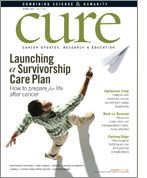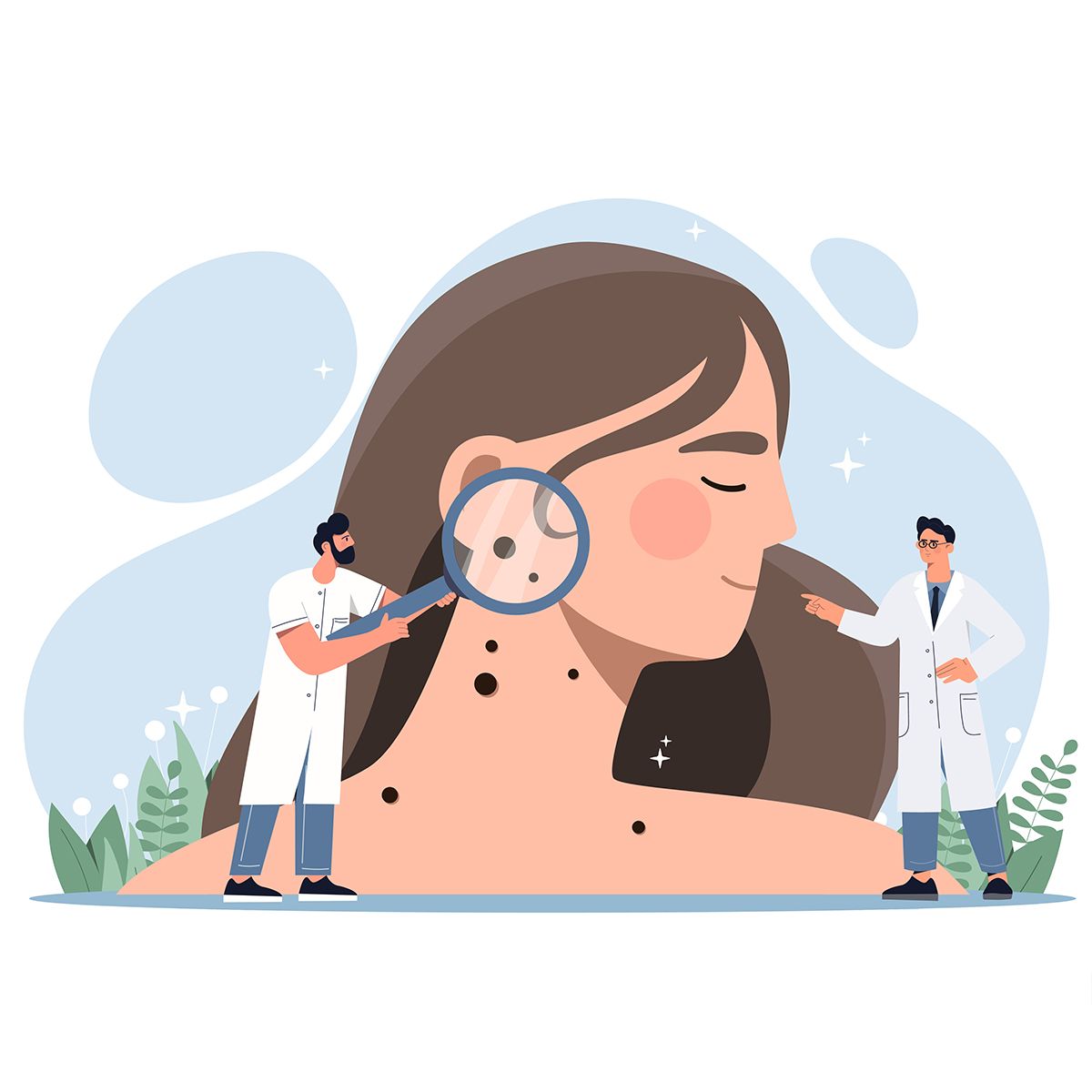Publication
Article
CURE
Standards of Care
Every patient and physician should discuss a survivorship care plan and what belongs in it.
Upon discharge from cancer treatment, every patient and his/her primary healthcare provider should receive a written follow-up care plan incorporating available evidence-based standards of care. This should include, at a minimum:
1. A summary of key diagnostic and staging results, treatment rendered, current status of disease and ongoing treatment plans
2. The likely course of recovery from treatment toxicities, as well as the need for ongoing health maintenance/adjuvant therapy
3. A description of recommended cancer screening and other periodic testing and examinations, and the schedule on which they should be performed (and who should provide them)
4. Information on possible late and long-term effects of treatment and symptoms of such effects
5. Information on possible signs of recurrence and second tumors
6. Information on the possible effects of cancer on marital/partner relationships, sexual functioning, work and parenting, and the potential future need for psychosocial support
7. Information on the potential insurance, employment and financial consequences of cancer and, as necessary, referral to counseling, legal aid and financial assistance
8. Specific recommendations for healthy behaviors (e.g., diet, exercise, healthy weight, sunscreen use, immunizations, smoking cessation, osteoporosis prevention); when appropriate, recommendations that first-degree relatives be informed about their increased risk and the need for cancer screening (e.g., breast cancer, colorectal cancer, prostate cancer)
9. As appropriate, information on genetic counseling and testing to identify high-risk individuals who could benefit from more comprehensive cancer surveillance, chemoprevention or risk-reducing surgery
10. As appropriate, information on known effective chemoprevention strategies for secondary cancers (e.g., tamoxifen in women at high risk for breast cancer; aspirin for colorectal cancer)
11. Referrals to specific follow-up care providers (e.g., rehabilitation, fertility, psychology), support groups and/or the patient’s primary care provider
12. A listing of cancer-related resources and information (e.g., Internet-based sources and telephone listings for major cancer support organizations)
SOURCE: Living Beyond Cancer: Finding a New Balance, President’s Cancer Panel 2003-2004 Annual Report






